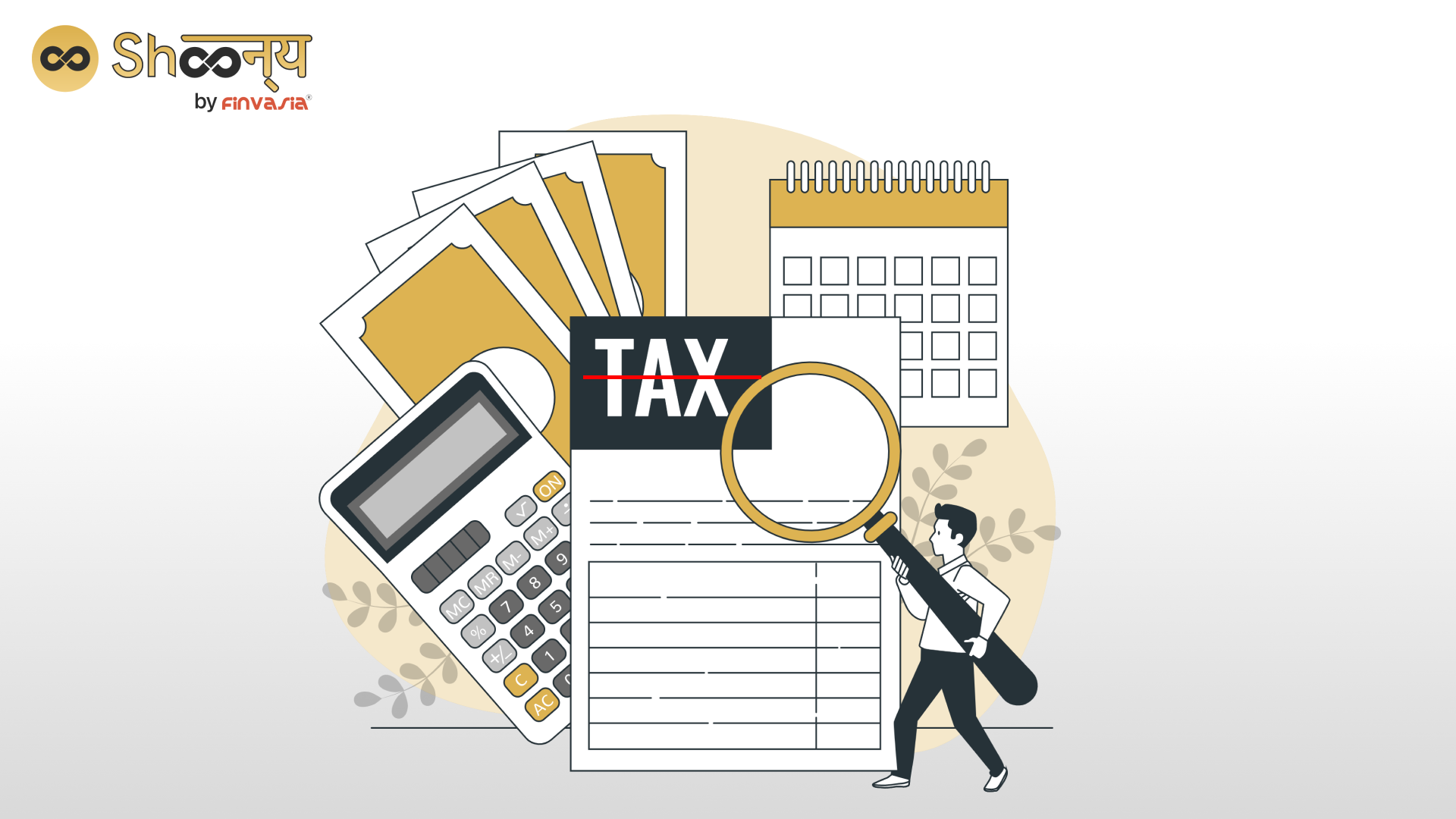Investing in Tax-Free Bonds: Definition, Eligibility and Process

Fixed-income schemes are preferred by almost every investor even though they provide a lower return. You cannot deny that the principal security they offer is the most attractive attribute. But what if we told you that there are debt instruments that provide tax benefits? Don’t you want to put money into them? What we are indicating here is a tax-free bonds.
What are Tax- Free Bonds?
Tax-free bonds are financial instruments issued by government entities or government-backed institutions that provide investors with interest income that is exempt from income tax.
Why are these called Tax Free?
These bonds are commonly known as tax-free because the interest earned on them is not subject to taxation, allowing investors to enjoy higher after-tax returns compared to taxable bonds. You can invest in tax-free bonds as they are considered a safe investment option and are particularly beneficial for individuals in higher tax brackets. They help reduce tax liabilities while offering stable returns.
How do Tax-Free Bonds Work?
Tax-free bonds are a popular type of fixed-income instrument issued by public entities. You will receive regular interest if you keep it in your portfolio. The coupon rate depends on the yield on government securities at the time of issue, investors’ qualifications, and the credit rating of the issuing agency.
These bond shares are typically issued for a longer term, such as 10, 15, or 20 years, and have a lock-in period after which you can sell them in the secondary market. Further, they have a face value of Rs 1000 at the time of issue. After that, they are traded on the secondary market, either at a premium or discount.
In this context of tax-free bonds, retail investors are those with an investment limit of Rs 1,00,000. Anything above qualifies you as a high net-worth individual (HNI) investor.
Who is Eligible to Invest in Tax-Free Bonds?
Retail and high-net-worth individual (HNI) investors can invest in tax-free bonds. The former includes individuals and HUFs with an investment limit of Rs 1,00,000; anything above this makes you an HNI. These bonds are also available to qualified institutional investors, trusts, and cooperative banks.
Why Should You Invest in Tax-Free Bonds?
- Tax-free returns: If you are wondering why these bonds are called tax-free, it is because your interest income is entirely tax-free. Moreover, tax deduction at source (TDS) is also not applicable to them.
- Better returns: While tax-free bonds may offer competitive returns compared to some fixed-income options, it’s important to consider the specific terms and conditions, as well as the prevailing market conditions, to determine the comparative returns.
- Zero default risk: They are a risk-free investment option because of the government’s backing.
- Redemption option: You can redeem them after the lock-in period by selling them on the secondary market.

What is the Difference between Tax-Free Bonds and Tax-Saving Bonds?
Most people confuse tax-free and tax-saving bonds. It is critical to dispel this myth before understanding the investment process.
| Tax-Free Bonds | Tax Saving Bonds |
| The interest income of this bond is exempt from taxes. | You can claim a tax deduction for the initial investment amount. |
| Section 10 of the Income Tax Act deals with it. | They offer tax benefits under section 80CCF of the Income Tax Act. |
| Higher interest returns. | Lower interest payout |
| No investment cap | The maximum deduction limit is Rs 20,000. |
| They have a longer lock-in period. | They have a buy-back clause, allowing you to withdraw investment after 5-7 years. |
How Do You Invest in Tax-Free Bonds?
You can invest in them when the government makes them available for subscription. The issue is only available for a limited time and can be purchased online or in person. You only need to complete your KYC profiling and submit your PAN.
Another way to invest is through the secondary market, which can be accessed via an online trading app such as Shoonya.
In Conclusion
Tax-free bonds are ideal if you have a low-risk tolerance and want consistent income over a long period. You may look to boost your portfolio’s returns potential by investing in fundamentally sound stocks using a stock market app.
FAQS
Tax-free bonds are called so because the interest income generated from these bonds is exempt from taxes.
Investing in tax-free bonds provides the advantage of earning regular tax-free interest payments from safe securities issued by public undertakings, making them an appealing option for individuals aiming to maximise their savings.
No, tax-free bonds cannot be converted into equity shares. Tax-free bonds are fixed-income instruments that provide interest income to investors and do not involve any equity ownership.
Yes, tax-free bonds can be purchased by non-resident investors subject to the regulations and restrictions imposed by the respective government entities or institutions issuing the bonds.
The maximum investment limit in tax-free bonds may vary depending on the issuing entity and the category of investors. It is advisable to refer to the specific guidelines and terms provided by the issuing authority.
Tax-free bonds can be traded on the secondary market, which includes stock exchanges. Investors have the option to buy or sell tax-free bonds on stock exchanges, subject to prevailing market conditions and liquidity.
Yes, tax-free bonds can be held jointly by multiple investors. Joint holding of tax-free bonds allows individuals to share the investment and the subsequent interest income in proportion to their ownership. It is important to adhere to the rules and procedures set by the issuing authority regarding the joint holding of bonds.
Tax-free bonds are considered relatively safe investments because they are backed by government entities, reducing the risk of default.
Tax-free bonds often come with long tenures, ranging from 10 to 20 years, making them suitable for long-term financial goals.
______________________________________________________________________________________
Disclaimer: Investments in the securities market are subject to market risks; read all the related documents carefully before investing.








